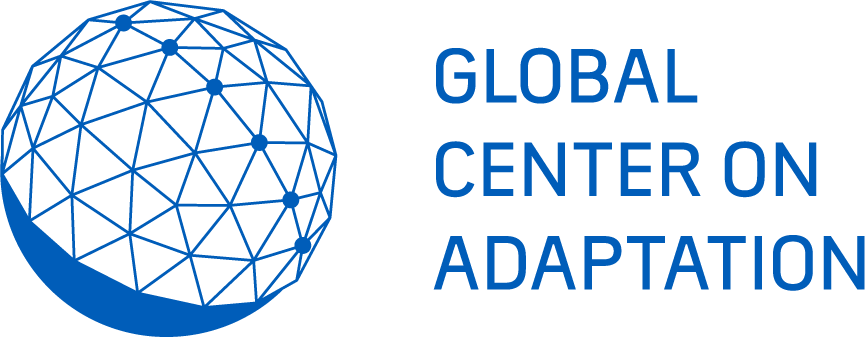Description
The Agriculture and Climate Risk Enterprise (ACRE) is the largest input-linked, mobile-enabled index insurance programme in Africa. Smallholders buy agricultural inputs from agri-business business partners and are linked to the insurance program via a mobile application (by scanning a code). The premium is 50% subsidised for the smallholder farmers who pay only half the premium; and the other half is paid by ACRE Africa’s agribusiness partners. During a climate crisis, compensation for yield loss is triggered immediately via a mobile money transfer service. Solar-powered local weather stations which regularly update the weather conditions are installed near individual farms to calculate the impact of the event and respective pay-outs.
Stage of Implementation
By 2018, over 1,700,000 farmers in Kenya, Tanzania, and Rwanda insured over USD 180M against a variety of weather risks underwritten by various insurance companies. Crops insured include maize, sorghum, coffee, sunflower, wheat, cashew nuts, and potato, with coverage against drought, excess rain, and storms.
Actors Involved
- Insurance companies: A variety of weather risks underwritten by various insurance companies like UAP Insurance Kenya, CIC Insurance Group Limited, APA Insurance, Heritage Insurance, UAP Insurance Tanzania, and SORAS Insurance Rwanda which have the potential to scale and replicate the instrument in high-impact countries.
- A mobile money platform: Use of a mobile money platform like M-PESA provides many benefits, like effective collection of data, reduction of administrative and operational costs, faster registration of new policies, and more accurate geo-tagging of farms. It also reduces application and claims settlement time and rapid pay-outs.
- Subsidy providers: Donors, governments, or agribusiness partners can partially subsidize the insurance premiums which helps in de-risking it and makes it affordable for the farmers and facilitates the expansion.
- Distribution channels will bundle the index insurance with crop seeds from certified distributors. The product will be distributed as a scratch card attached to a seed bag and sold in shops, available in remote areas, or through cooperatives and accessible to all farmers with a simple mobile phone.
Criteria
- Countries with high climate vulnerability will have a high demand for index insurance, which can be assessed using datasets like The Notre Dame-Global Adaptation Index (ND-GAIN) Country Index, Aqueduct’s global water risk mapping tool dataset for drought and flood vulnerability.
- Availability of robust climate data: Climate data and associated analytics are critical to developing insurance products. Lack of data to understand the climate risk exposure at the local level, quantify future climate-related risk, estimates losses, identify critical thresholds, etc. are a serious constraint for innovation, deployment, and expansion of insurance products.
- Progressive regulation and subsidy schemes for index insurance: African regulators have generally been reactive on index insurance considering it has been introduced first by the markets. Mostly due to the low update, there are no strict regulations on index and mobile insurance.
- High adoption rate of mobiles and mobile money accounts: Reports suggest that there are more than 500 million registered mobile accounts in Africa in 2021, surpassing the number in the United States or Europe. Africa also remains a leader in mobile money use, especially becoming popular in areas where access to financial services is low.
- The effectiveness of distribution channels might differ from region to region. Farmer organizations remain an effective channel to both increase demand – for instance through buying group insurance on behalf of farmers – and raise awareness of index insurance within their cooperative.
Applicable Countries
The Conférence Interafricaine des Marchés d’Assurances (CIMA) region, which is an integrated organization of the insurance industry which comprises 14 African member countries in Central and West Africa (Benin, Burkina Faso, Cameroon, Central African Republic, Congo, Côte-d’Ivoire, Gabon, Guinea Bissau, Equatorial Guinea, Mali, Niger, Senegal, Chad, Comoros and Togo), has a regulation that is in favor of agricultural microinsurance integrated with mobile money technology and it is designed to encourage micro insurance agents to enter the market. Further, some governments offer subsidy schemes to support the agricultural insurance sector and the most supportive schemes in Kenya and Senegal are offering a 50% subsidy on the premium.


